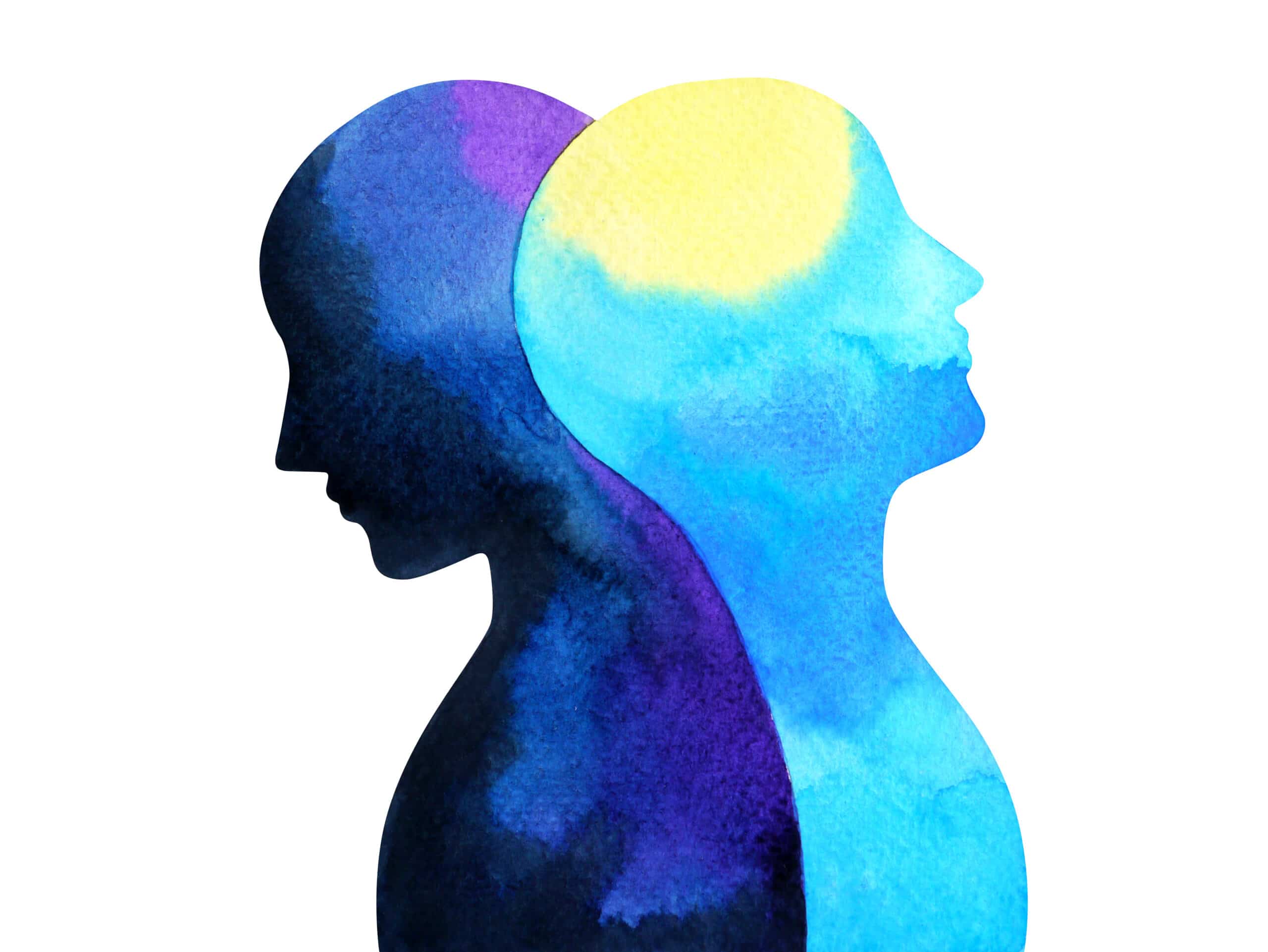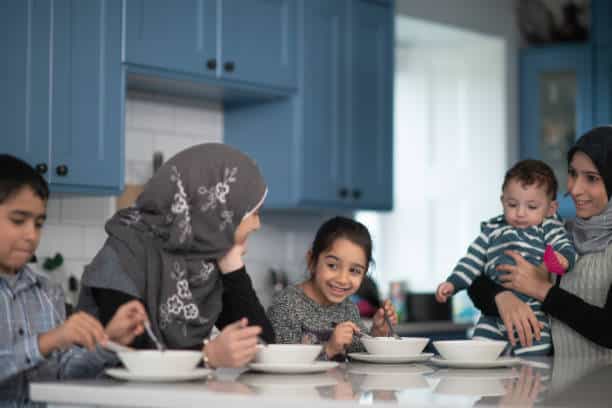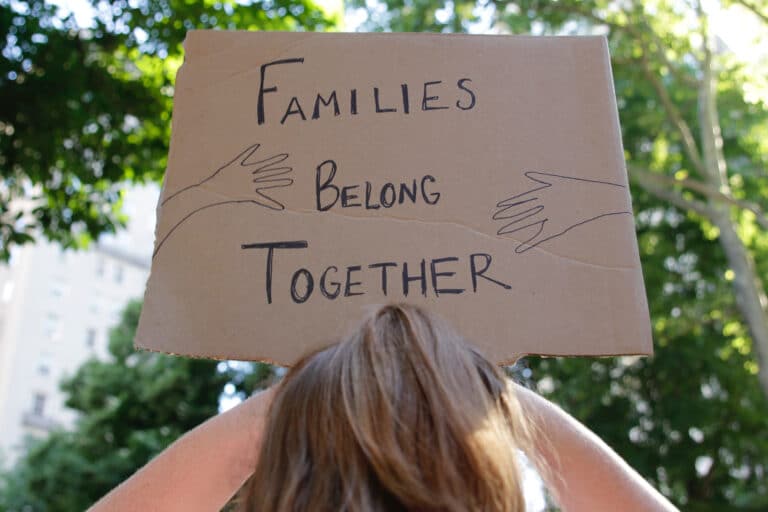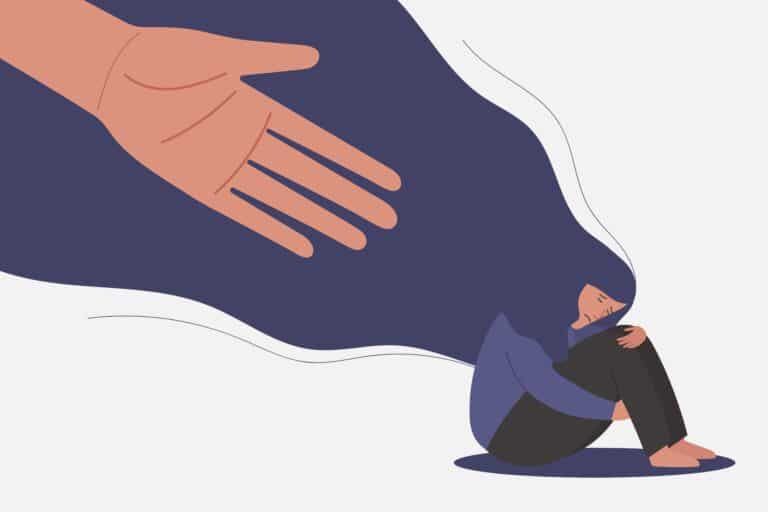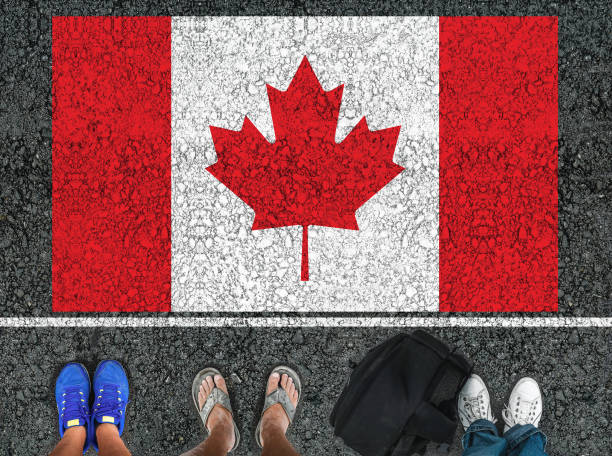What are the mental health challenges for LGBTQI+ newcomers?
In addition to trauma, there are barriers that limit the ability of LGBTQI+ newcomers to belong to a new community. When LGBTQI+ newcomers are caught in between the struggle to belong to a new community and the need to keep connection with or disconnect from their original community, they often tend to slip into isolation. The prolonged trauma, along with the inability to engage with their surroundings, leads to a sense of hopelessness and depression, and with isolation, suicide becomes a risk.
Crisis in Belonging
I am a queer person. I came to Canada as a refugee myself in 2017. When I arrived in Toronto I was completely lost. Even though I had the advantage of speaking English and years of professional experience, there were still many barriers. I was unable to connect with society. At times I did not know where to start. Everything was new outside and I was in a crisis inside, so I slipped into depression.
I faced a crisis in identity and in my sense of belonging. All of a sudden, I had left my connection with Syria, my country, and lost all that connected me with my culture and background. I felt a desperate need to grab onto whatever I had access to from my Syrian culture and I became more aggressive toward my new culture. To me, the external culture, which aimed to replace my original identity, was a threat. I felt that my identity would be erased. I turned to Syrian people in Canada, other newcomers, but I did not feel supported either.
The challenge for LGBTQI+ newcomers
In general, newcomers resort to their communities in diaspora when they first arrive in order to mitigate the social support they lack in a new environment. For LGBTQI+ newcomers it is not the case. As part of a research project that I did as a Master’s student at Ryerson University, I did multiple interviews with LGBTQI+ newcomers from Arabic countries. They all agreed that they had minimal contact with their national communities in Canada or they disconnected completely. The majority preferred to have no contact at all. In many cases, newcomers faced instances of racism and prejudice from their national peers that made them more reluctant to communicate with their communities.
While LGBTQI+ newcomers often felt rejected by communities from their home countries, on the other hand, they told me that the Canadian community did not seem very understanding either. I also had this experience. When I attempted to access services I felt unrecognized, both for my sexual and gender identity as well as my professional experience. I was even treated badly by a gay receptionist at a well-known LGBTQI+ organization. I don’t know how I was perceived but I completely dismissed, which also led me not to seek help there. Several other friends recited similar incidents of difficulties, lack of recognition and reluctance when seeking assistance from newcomer agencies, if not plain racism.
Stigma and reluctance
In many societies mental health is a taboo. LGBTQI+ newcomers who come from conservative cultures have been taught and impacted by the prejudices surrounding mental health, which prevents them from seeking mental health support in any form, for fear of facing that stigmatization. It is also difficult to re-tell traumatic events, which can be re-traumatizing. As a person who arrived as a refugee, and who had been exposed to traumatic events as well, I still feel discouraged to share memories of such events or to even think of them, in order to avoid the panic and anxiety associated with them. One LGBTQI+ newcomer I interviewed told me that he learnt to be resilient enough as to not let these memories affect his daily life, but he does not dare to address them. “They are there until I can deal with them, but until then, they are going to stay on the side.”
Lack of mental health resources
Through my personal engagement with LGBTQI+ newcomers and my work with Ads Up Canada to support private sponsors, I constantly research the mental health resources available in Canada. On first glimpse, there seem to be a variety of options. But in reality, there are additional barriers to accessing mental health services for LGBTQI+ newcomers.
Lack of tailored mental health services
There is a gap in mental health services that take different cultural backgrounds and languages in consideration. There may be service provided in a specific language, but the intersection of sexual and gender identities with the cultural and language factors is hardly considered. An LGBTQI+ newcomer may still feel reluctant to speak to a mental health service provider or share their traumatic experiences even in their first language. Arabic- speaking service providers, for example, may still not be aware or capable of providing support with issues related to gender and sexuality, and a Queer service provider may not be able to communicate well, due to the language barrier, and may not be able to understand the cultural context. In my personal experience working with Arabic speaking LGBTQI+ newcomers in Toronto, we continue to strive to find Arabic speaking, LGBTQI+ friendly therapists and mental health services.
Difficulties in identifying and filtering the available services
While the Interim federal health insurance that is provided to newcomers for the first year covers therapy sessions, these sessions were often described by LGBTQI+ newcomers I interviewed as focused mainly on providing coping support in the context of settlement but not support in dealing with past trauma.
When I arrived in Canada, no one fully explained to me what the Interim Federal Health insurance covers, nor did I have the capacity to identify a therapist. As a result, I did not even benefit from these therapy sessions. When newcomers first arrive, they are overwhelmed with the transition and may not be capable of surfing through different services, identifying which are suitable for them, filtering through different eligibility requirements and then applying to receive these services.

What do we do?
Through my involvement with the Private Sponsorship of Refugees Program in different capacities, whether as a private sponsor myself or as Refugee Sponsorship Coordinator for Ads Up Canada, where I provide sponsors with training and resources, I find there is a great potential to the role of private sponsors in supporting newcomers. Private sponsors are in the right position to empower LGBTQI+ newcomers. Although private sponsors can’t, and shouldn’t replace professional therapy, their ability and position to build a personal and long lasting connection with the newcomers allows them to provide great support. Read this article for more information about available mental health resources in Canada.
Establishing a connection before arrival
Although it is difficult to cultivate a strong online relationship without actually having met in person before, I have seen great examples of wonderful relationships that became the main source of support for refugees during the waiting period. As a private sponsor myself, I am in contact with several LGBTQI+ asylum seekers in Turkey, Indonesia, Manus and Nauru and Turkey. These relationships have even overcome the barrier of language. I have seen people using instant translation services, photos, videos, memes, events, celebrations and personal moments without the need to be fluent in the other language. This relationship, in turn, can help the newcomers make the transition easier when they arrive. By having a small group of friends and “confidantes”, a basic social support network is provided to the newcomers that may increase their resilience to face the challenges of a new environment.
Consistency and trust-building
One of the key factors in the relationship between private sponsors and newcomers is building trust and consistency in your communication. This is also something that settlement agencies and support organizations can’t provide while private sponsors, who have a close and personal relationship with the newcomers, are in the perfect position to do. This can be vital. Commit to sending a message once a week or checking on them. Share personal moments, images and videos from your life. It might be frustrating if your attempts are not always recognized. But it is also the only way you can build trust with the newcomers.
One of my friends who is also involved in a private sponsorship for a queer person told me that although they failed to build a strong relationship with the newcomer they sponsored, because of extreme trauma and mental struggles that lead to isolation and strong social anxiety, he continued to check up on them on regular basis. While they did not always respond, the newcomer expressed their gratitude and recognized that this contact made them feel better at times.
Providing a safe space
A safe space is where an LGBTQI+ newcomers can feel safe from bias, discrimination, judgement, prejudice, harassment, and persecution. As private sponsors, we can offer that by providing understanding and showing our acceptance. A safe space is also a place where LGBTQI+ newcomers don’t feel obligated or pressured to assimilate in any specific way. That relates strongly to the expectations of sponsors as well: great expectations of success or progress may add to pressure on the newcomer. Pressuring newcomers to make specific decisions or directing them all the time may also hinder the safety and trust. Instead of telling someone what to do, stressing that we understand them and support them in making their own decisions, regardless to the outcomes, may go along way in empowering the newcomer.
